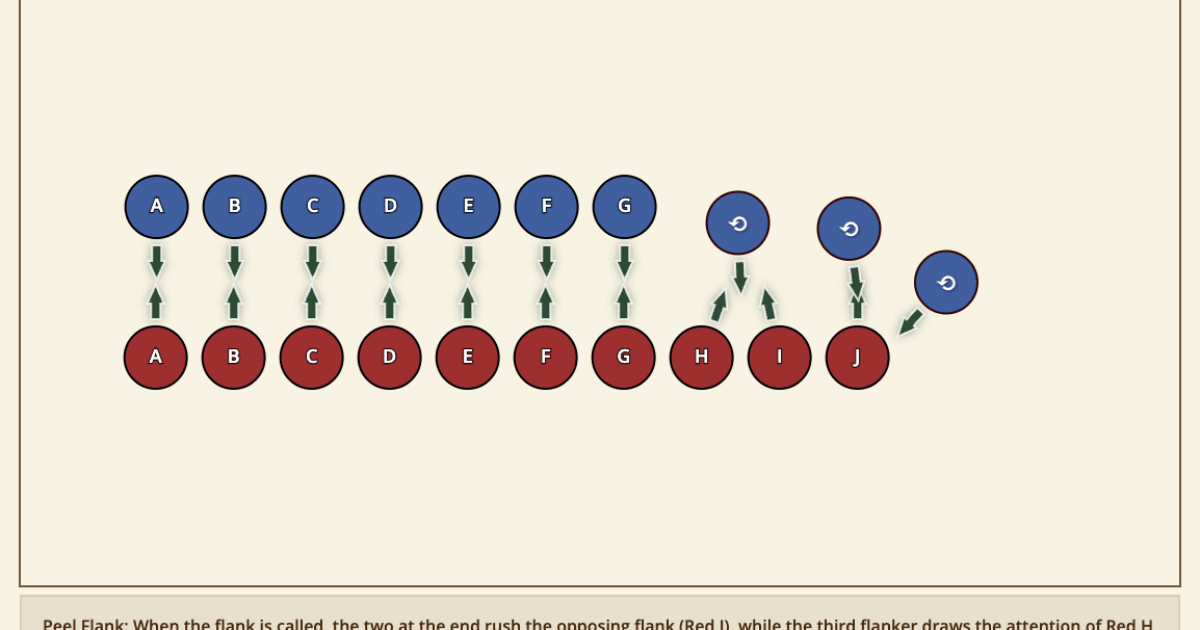Fencing is an incredibly mental game, as much as it is a physical one. It’s all about gathering data, interpreting it, and formulating a plan of what to do. The more information we have the more informed decisions we can make about how to address our opponents. But what if you don’t have enough? What if you need to find something out before moving in? Probing your opponent can help you glean the data you’re looking for.
Points of safety
As you are searching for and gathering information, focus on gathering good and useful information. You want to find things that are going to help you be safe, make wise decisions, and adapt to every situation with the best knowledge possible.
- Don’t Feel Stupid: As we fence, it can turn into a mental chess match. Each opponent trying to outsmart the other. Whether you recognize the finer details of what’s happening or not, don’t beat yourself up if you miss something. Keep a good sense of humor and keep trying. Your confidence should not be at stake here.
General Points
Fencers who can transition from fighting solely on reflex to fighting intentionally will have hit a new stage in their fencing journey. You want to know what you’re doing and why in every fight. This takes time and study to take what you see and integrate it into your repository of knowledge and experience.
- What is Probing: Any action done with the intention to gain information is a probe. During a fight, you are attempting to learn something that can inform your plan of attack later on.
- Probe for Usable Information: Don’t probe and prod your opponent just because. Have a purpose and a question that you want to have answered. If they do X, what happens? If I do Y, how do they react? Then decide how you’re going to use it.
- Overthinking is Your DOOM: Whatever your glean from your probing, try not to dwell on it. You’re still in a fight. Let it be helpful, but not detrimental. A one-step plan can be just as effective as a 14-point thesis on how to obliterate your opponent.
- They Could Be Lying: If an opponent knows you are probing them, they may try to give you false information. Be aware of that reality and prepare for the double, triple, or quadruple bluff.
- How to Kill a Probe: If you know your opponent is probing you, strike them while they are thinking or refuse to react. Any time you can interrupt someone’s thinking is a prime opportunity.
Training Ideas
- Sit Down & Study: Before you ever get into a fight, sit down and watch other fencers. Gather as much detail as you can. Document it in a fencing journal and revisit your findings often.
- IF…THEN…Questions: Some of the best probes come from If…Then… Questions. If you do this… Then they do this… Ask yourself an ‘IF’ question and go out to find the ‘THEN’.
- After Fight Discussion: After fighting an opponent, ask them a few questions and have them explain the reason why they did something at a certain point. Pay attention to the cause and effect as they talk.
Assessment
We want to see fencers who can elevate their fencing by gathering more information. Smart, intentional fencing is a level of fencing we want everyone to achieve, and probing opponents is a step to get there. It can take time to gather data. It can take time to train yourself to remember what you learn. It can take time to implement or adapt based on the data, but it cannot be understated how useful of a tool it is. Fencers who can learn to probe their opponents should be able to analyze and reflect on their fights much more effectively.
What’s NEXT?
- Suggested Next Lesson: Advanced Rules of Dueling, Swordplay, and Advanced Tactics could be great next lessons. If you want to take it in a more dueling focus, Advanced Rules of Dueling or Swordplay can help refine how you implement the newfound data. Advanced Tactics could help broaden your ability to adapt in melees.
- Activities to Try: Keep a Fencing Journal. Make a page for every fencer you want to study and document everything you can think of about their fencing. Then go out and try to add to it by probing.
- Conversations To Have: Find a fencer who has been a Master before and ask them to explain how they analyze their students. Listen to how they think and process the data they see and turn it into something actionable.

